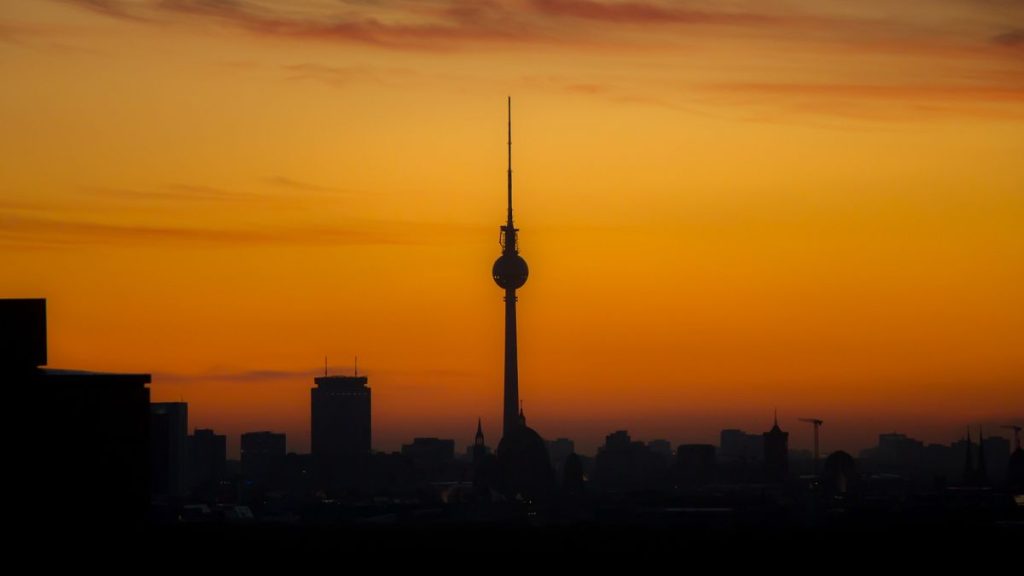Germany’s government has significantly reduced the culture budget in Berlin, cutting more than €130 million, translating to nearly 13% of the total funding. This decision has sparked widespread protests from various groups within the arts sector, with concerns that such reductions could severely disrupt Berlin’s rich cultural landscape. Just two years ago, the city’s government had advocated for an increase in funding, aiming to boost the culture budget to €1 billion by 2025. However, the recent announcement marks a stark reversal of this commitment, projecting cuts that could reach as high as €144 million. This dramatic shift has led to foreboding predictions about the future of major cultural institutions in the city, raising questions about their sustainability and operational viability.
Several prominent theatres in Berlin are already feeling the pinch of the budget cuts. For instance, the Schaubühne anticipates a reduction of €1.8 million, rendering it unable to cover €700,000 in wage increases, a situation that threatens its financial solvency. The theatre warns of potential bankruptcy by the end of 2025 if funding is not restored. Similarly, the Berliner Ensemble is set to experience a €1.75 million cut in funding, leading to the cancellation of several planned productions in the upcoming seasons. Other theatres such as the Deutsches Theatre and Volksbühne are also facing substantial reductions, with forecasts indicating a €3 million and €2 million decrease, respectively. The overall implications of these cuts indicate a concerning trajectory for the artistic community in Berlin.
The youth theatre Grips-Theater is among those hardest hit, expecting a devastating loss of €300,000—an amount that exceeds its entire production budget for the season. This news underscores the persistent challenges that many arts organizations in Berlin face, as numerous institutions have historically struggled to maintain financial stability. In response to the alarming situation, BerlinIstKultur, a pressure group supporting the cultural sector, has voiced its concerns, highlighting the precarious reality artists and cultural workers endure amid threats of budget cuts. Their statements suggest that the cancellation of contracts and ongoing legal disputes would only exacerbate the financial difficulties faced by these organizations, leading to no beneficial outcomes for the cultural community.
BerlinIstKultur has organized protests and public rallies to combat the proposed budget cuts, including a planned action by the Central and State Library on November 28 and a symbolic funeral march for culture on November 29. These demonstrations follow a series of successful actions in the lead-up to the government’s announcement, where public sentiment clearly illustrates the strong support for preserving Berlin’s vibrant cultural scene. The dissatisfaction with governmental reassurances and vague promises of dialogue has only kindled a stronger resolve among artists and supporters to advocate for cultural funding.
In the words of Joe Chialo, the State Minister for Culture and Social Cohesion, Berlin’s artistic and cultural sector is integral to the city’s identity and appeal. He has previously emphasized the vibrancy of Berlin, noting its numerous cultural establishments, including opera houses, galleries, clubs, and museums that contribute to making the city a unique and lively metropolis. The juxtaposition of this rhetoric against the backdrop of budget cuts leads to a conflicting narrative. The artist community feels abandoned as policies shift, undermining the foundational support needed to foster creativity and innovation within the city, which has long been regarded as a global cultural hub.
The cuts to Berlin’s culture budget earmarked for 2024, while politically motivated and perhaps framed as a necessary financial restraint, have sparked outrage and anxiety among artists, patrons, and cultural institutions. The impending financial contractions not only threaten the immediate operations of these entities but could also lead to a long-term decline in Berlin’s status as a cultural beacon. Alarmed by the possibility of mass layoffs and venue closures approaching the holiday season, advocates argue this situation not only reflects a neglect of the arts but contradicts foundational values of community support and cultural enrichment. As protests continue and public pressure mounts, the outcome of these budget cuts remains to be seen, with many hoping for a reconsideration that would allow Berlin to preserve its dynamic cultural narrative.














